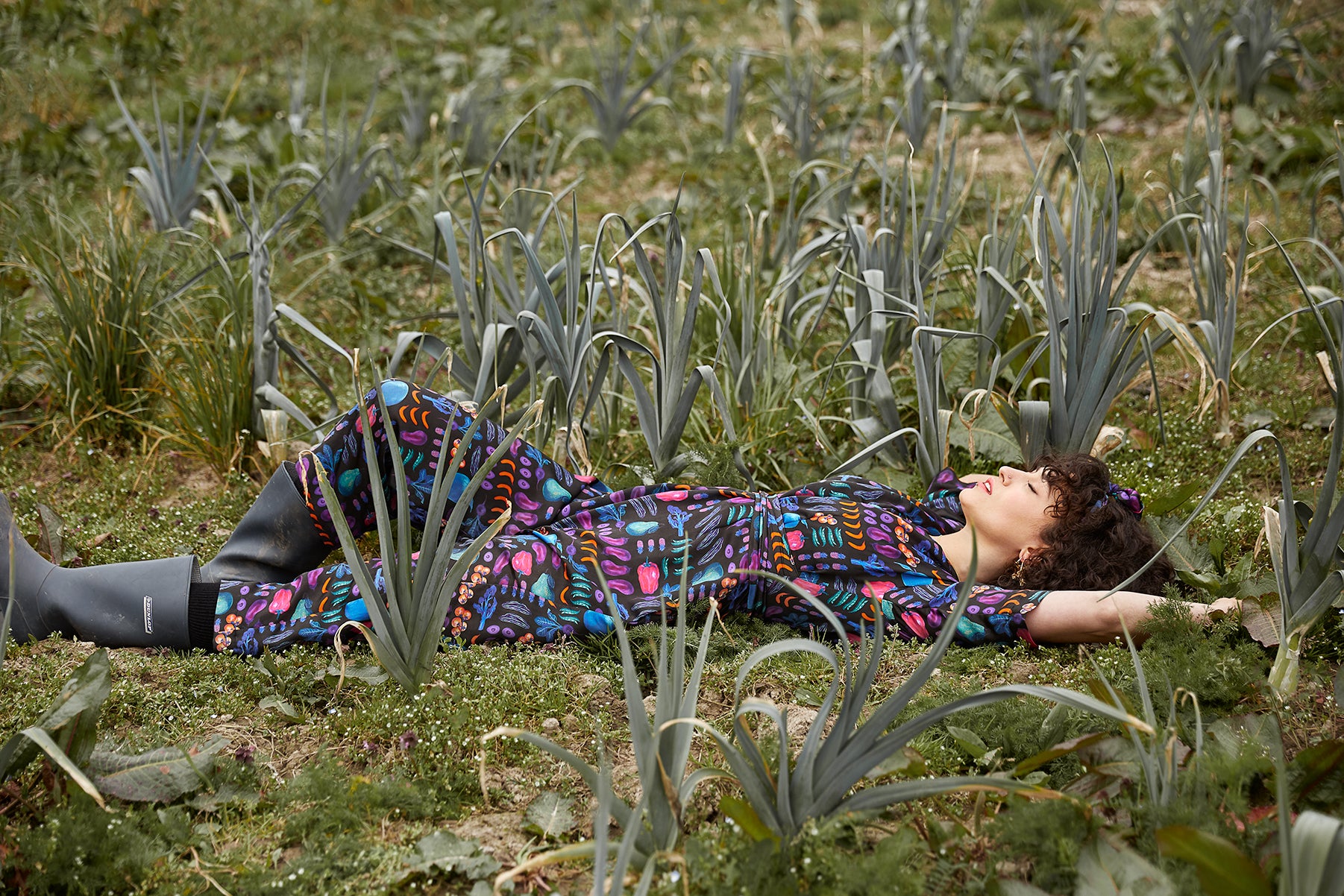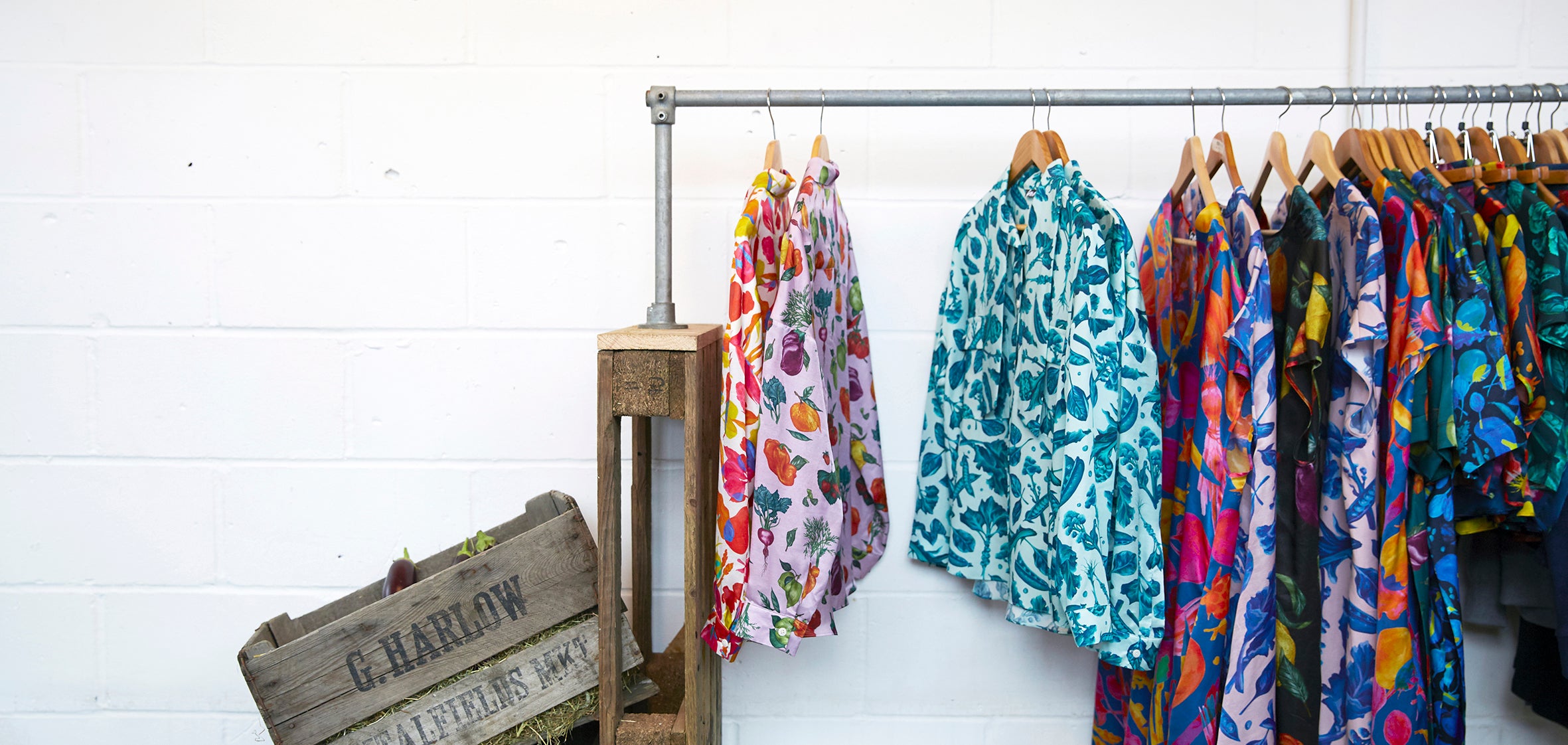The Airmiles Issue.

Walking into our local supermarket, we are spoilt for choice. We can have any produce at any time, as well as getting a huge variety of food flown from every part of the world, and we can even have it all delivered straight to our front door. Half of the vegetables we eat are imported, a massive 95% of our fruit comes from abroad and on top of this, food is also grown in unnatural conditions right here in the UK. Whilst having access to foods we may have otherwise not been able to get our hands on is exciting and broadens our experiences, it is now something we take for granted. As consumer demand increases for these goods in line with population growth, the negative impact on our planet is also growing.
The carbon emissions created by transporting our food not just from different countries but also around the country once it arrives is one of the largest contributors to climate change. 30% of all goods transported around the UK by lorry are foodstuffs and 25% of ALL journeys made in the UK will be lorries transporting food from one destination to another until it eventually reaches the shelves of out supermarkets. Even though only 1% of our food is transported by air, it still makes up 11% of carbon emissions, and yet it is the most quickly expanding method of transporting food.
Food miles are a way of measuring how far food has travelled before reaching consumers and is a good way of seeing the environmental impact the food we eat is having. The average calculated distance that the food we eat has travelled is 4185 miles. That’s the equivalent of driving from the very bottom of the UK in lands’ end, all the way to the very top of mainland Scotland almost 5 times! Not only is that a huge way for our food to have to travel, but in doing so the vitamin and mineral content of our fruit and veg is deteriorated, in line with how far they have travelled.
The Airmiles print from our Food for Thought collection attempts to portray this issue through its eccentric and colourful print, creating a visual representation of the problem. For the different produce shown inside the print, we went out and took our own samples from numerous supermarkets and worked out the average distance it had travelled. The smaller the produce in the print, the further it has had to travel to reach consumers. With a purchase of any product from this line, you are already helping and giving back. 10% of our profits go into helping SeedsShare, a non-profit London based organisation who work to provide organic and in season seeds to farmers and home growers around the globe. So other than buying from our collection and starting those all-important conversations, what else can you do to help?
Well, if we all endeavoured to buy food originating from within a 20km radius of where we live, the country would save over £2 billion in congestion and environmental costs. This is not a particularly realistic solution for just one person to make, but there are things you can do anyway that still make a HUGE difference.
- Shop locally, leaving the car at home if it’s possible.
- If you’re using a large supermarket, plan one big trip rather than going 2 or 3 times a week.
- Buy Fairtrade goods that support third world communities and are usually transported by sea.
- Try to buy organic produce.
- Buy fresh produce that is in season and has been grown locally.
- Look out for the products that have as little packaging as possible.
Eat less meat - The energy costs of producing meat are typically higher than those of producing vegetables and significantly more than growing grain. In modern industrial agriculture, most livestock animals do not forage and are fed grain or vegetable-based food. This means that on top of the already high consumption of fuel and water that meat production entails, growing and cultivating the ingredients for their feed is added on top of this. Because meat can be frozen, unlike fresh fruit and veg, it can be transported much longer distance which then adds to the food miles.
Cook from scratch - Most processed and packaged meals are not made locally and will be made up of ingredients sourced from a number of different locations. In cooking from scratch, not only will it most likely be yummier, healthier and use less unnecessary packaging, but using items sold as single products will not have used as much energy in their preparation.
Eat seasonally - Unnaturally growing our produce is just as bad as importing it from far away countries. Growing tomatoes under glass greenhouses in the UK, with huge amounts of energy needed to heat the glass, is worse than importing them from Spain where even though a lot of energy is still used for transporting them, no heating is necessary due to the warmer climate. Eating food that is in season means that using unnatural methods is not necessary, instead our normal climate and resources that are readily available are all we need. Buying locally and organically on top of this not only supports small suppliers close to you that are already competing with huge supermarkets, but also means the food miles will be significantly less. Growing food yourself is the best way that you can combat food miles. Even if it is not always possible for you, just starting small and trying can mean that the food miles of your meals is reduced from thousands of miles to merely the distance between your kitchen and back garden. Packaging is also not necessary when you grow your own fruit and veg, and you are also able to control what chemicals, if any, are used in growing.
If all of that seems a bit overwhelming, maybe just pick one thing out of the above that you could do in your day to day life, because small change is still change and it’s all important! Spread the word and keep being considerate of the choices your making towards both your food, and fashion.
Thanks a bunch and big love,
Gung Ho x


